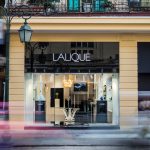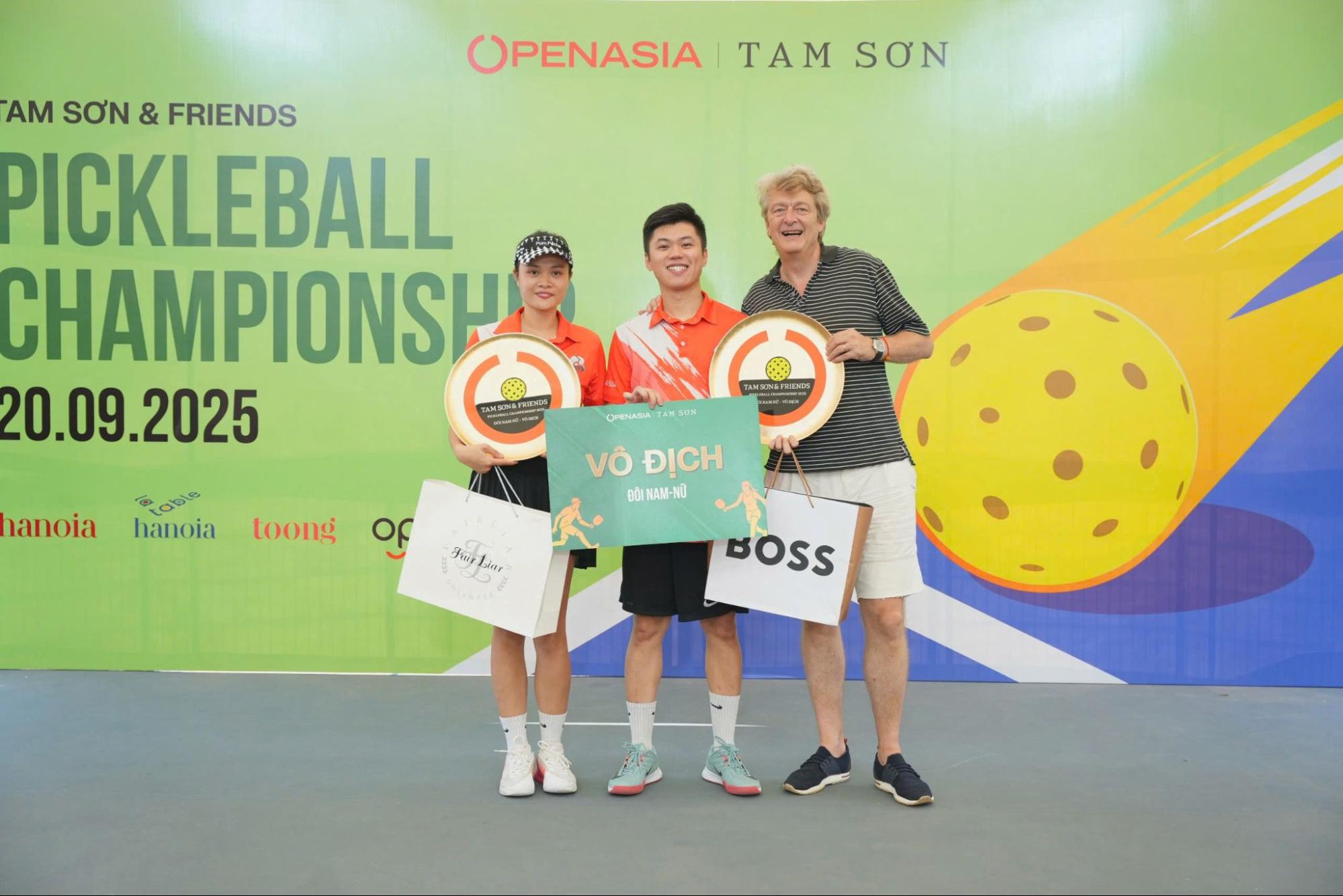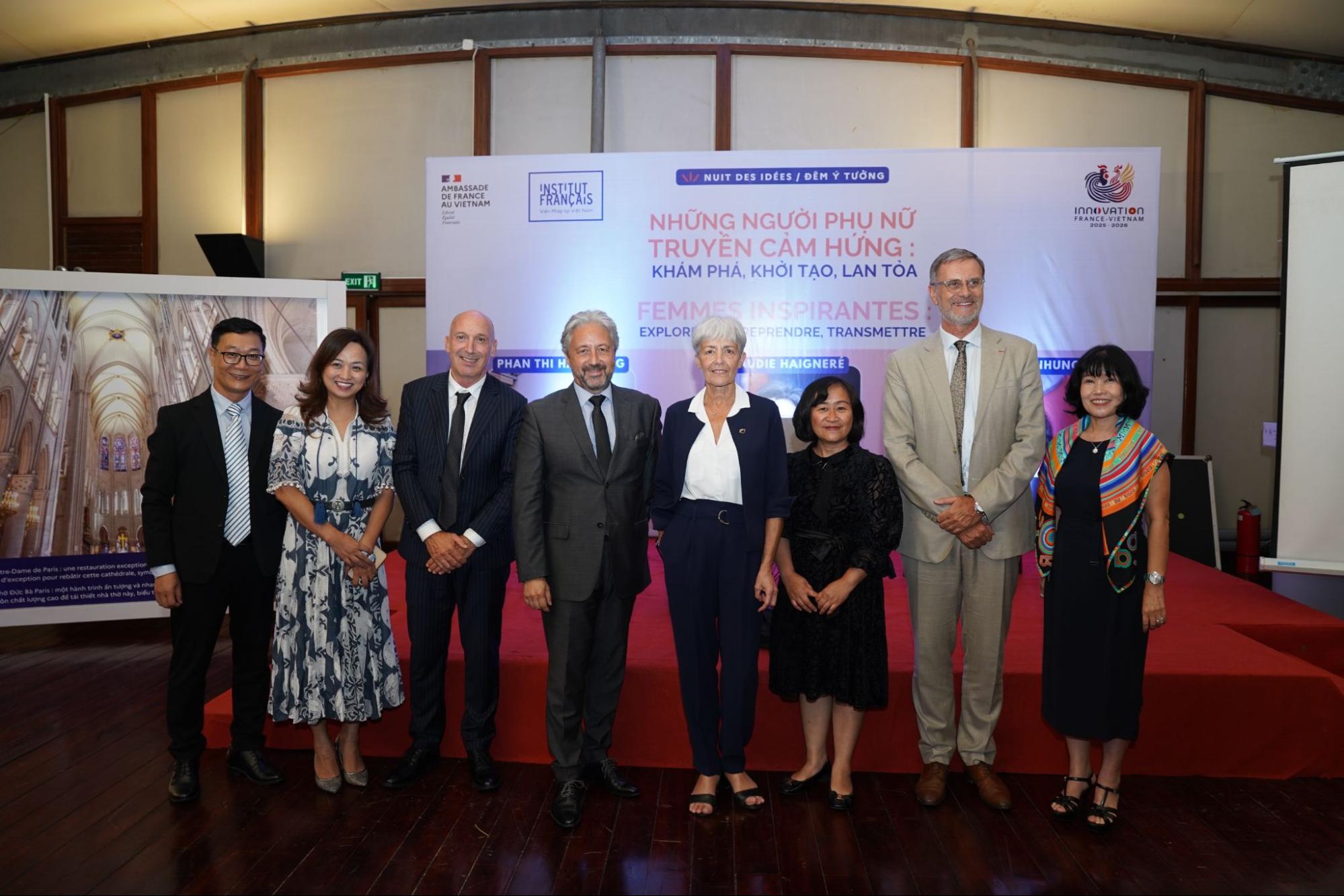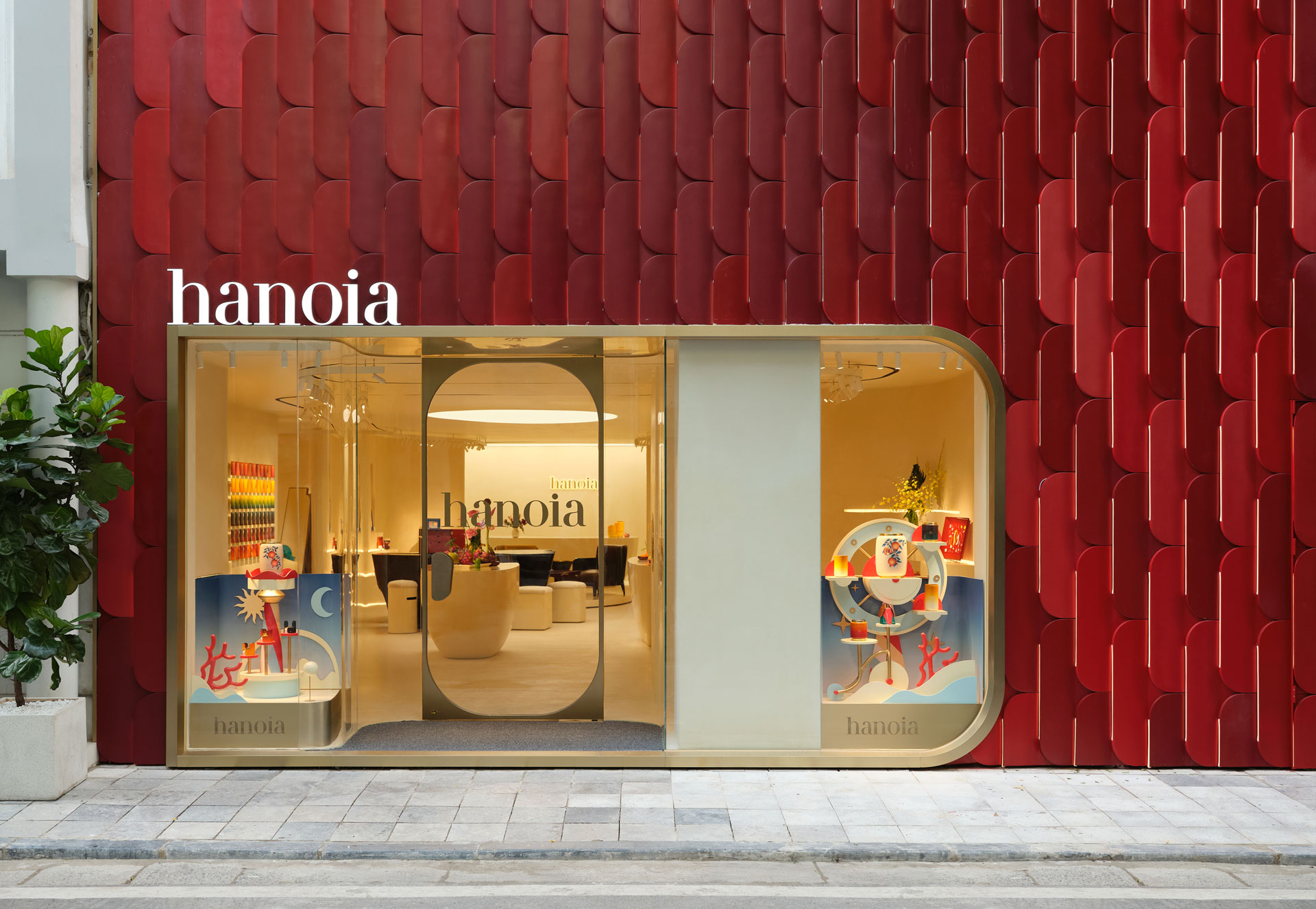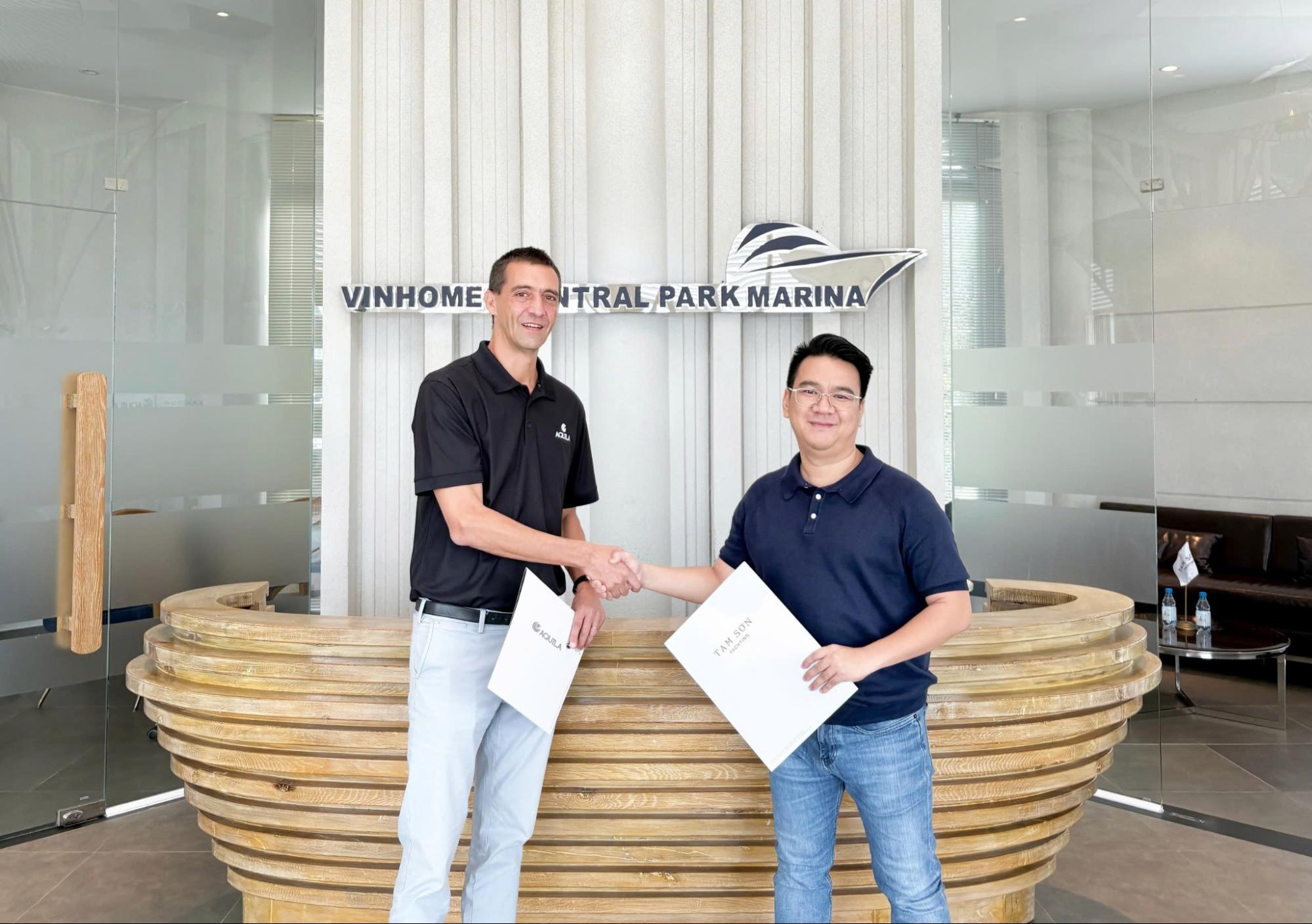« The beauty of Vietnamese women remains a reference in Asia »
In April 2019, Guimet Museum (Paris, France) officially announced the
presence of “Borderline”, an exclusive collaborative work of art of designer,
actress, artist Tran Nu Yen Khe and Hanoia haute lacquer house in its
collection. This is the first contemporary work of Southeast Asia to be
accepted into Guimet’s collection, once again honoring the master
craftsmanship and the strong creativity of Vietnamese people.
Guimet Asian Art Museum, located in the 16th district of Paris is one of the largest Asian art museums outside Asia, with more than 50,000 precious works of art on display in a large space of 55,000m2. For over 100 years,
Guimet Museum has constantly developed its collection to bring to visitors a comprehensive view of the Asian art history and civilizations in this
continent. Among many works of art here, Vietnam has more than 2 galleries, with notable items such as the Buddha statue from the 6th century,
the Dong Son bronze drum and the Chu Dau ancient pottery.
“Borderline” is a future-oriented Asian work of art, which has developed an
imaginary world in poetry where traditional culture is expressed through
contemporary design. On the spire of the hat – a traditional Vietnamese
outfit – runs a brilliant floral motif that uniquely blends on the lacquer
background, behind which the barbed wire fence is shown with gold leaves.
The vivid colors – red and orange – recall the secular architectural heritage of
pagodas as well as the actual effervescence of Vietnamese society. It is
considered a strong symbol where exoticism meets reality and original
nature confronts with border disputes. “Borderline” represents Vietnamese
vitality and craft in a contemporary look.
For Yen Khe and Hanoia, “Borderline” is a challenging cooperation. From Yen
Khe’s original hand-drawn sketches, Hanoia’s design team spent efforts to
research and realize this idea with 3D image. When this 3D image met Yen
Khe’s satisfaction, it was printed on paper on actual size and sent to Paris for
Yen Khe to hand-draw each floral pattern. Then this scroll was sent back to
Hanoi for Hanoia’s craftsmen to copy and assemble each flower detail on the
real model. For the color effects, they were tested on lacquered pieces and
adjusted several times to achieve the perfection. But the most difficult
technique of this work of art was how to connect the reverse cone shape and
the base so that these two lacquer blocks can harmonize with each other in a
balanced position. The technique of gold leaf inlay on lacquer also required
skillful hands to ensure the complete accuracy. Finally, “Borderline” was born, fully expressing the intense creativity of Yen Khe and Hanoia’s
craftsmanship – an improvisational but serious collaboration to every detail.
Becoming the first ever contemporary work of Southeast Asia in Guimet’s
collection is a great pride of Hanoia, a Vietnamese craft house which is trying
its best to bring Vietnamese lacquer to the world.


